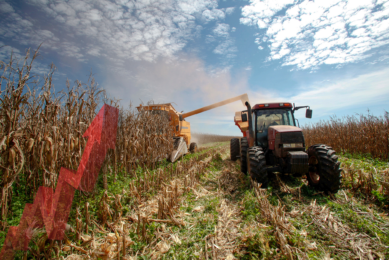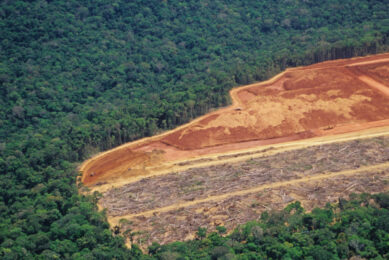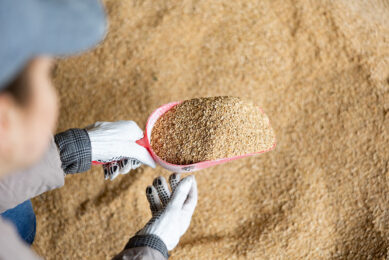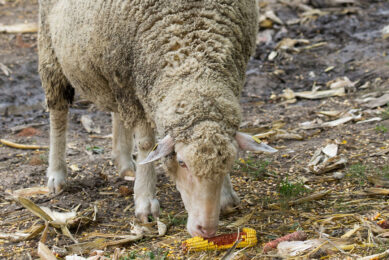M. Cassab expands cattle feed business
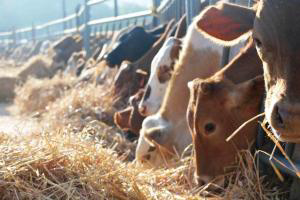
Brazilian, Sao Paulo-based company M.Cassab has opened a new animal nutrition facility in Mato Grosso do Sul to meet rising demand for cattle feed products in the region.
With an investment of R$15 million (€5.7million), the new plant located in state capital Campo Grande, will have a capacity of 5,000 tonnes of concentrates and premixes per month.
“Ranching in South Mato Grosso is pressed. This context gave us the opportunity to offer products for it to be more competitive,” said Modesto Moreira, director of the animal technology department at M. Cassab.
When the plant reaches its maximum capacity, the products for ruminants will represent 30% of sales of its animal nutrition business, which reached R$ 306 million (€116.8m) in 2011.
Today, the share is 23%. Indirectly, there will be a loss of breath in the poultry segment, which still represents 40% of production.
According to Moreira, the cost crisis that hit poultry production may jeopardize the survival of small and medium industries. In this scenario, poultry production should move towards further consolidation, which would reduce the number of customers of the company, currently around 120 small and medium producers.
Large companies such as BRF – Brazil Foods and Marfrig maintain their own feed mills.
At the factory in Campo Grande, which should reach full capacity in 2015 – the unit should close this year with monthly production of 1,500 tonnes – mainly mineral salts, compound phosphate, sodium chloride and trace minerals .
There will also be producing protein salt, composed of soybean meal, urea and other minerals, whose demand grows in the off season – usually from April to August – due to the degradation of pastures.
Controlled by the family Cutait, M. Cassab holds four feed mills. Besides the beef unit in Campo Grande, it has a unit for poultry and pork products in Rattlesnake (Parana). This plant, purchased from Cargill in 2008, marked the first major jump in the company’s animal nutrition.
The company has also a factory of pet foods in Valinhos (Sao Paulo). Together, the four plants are capable of producing 8,500 tonnes of products per month.




